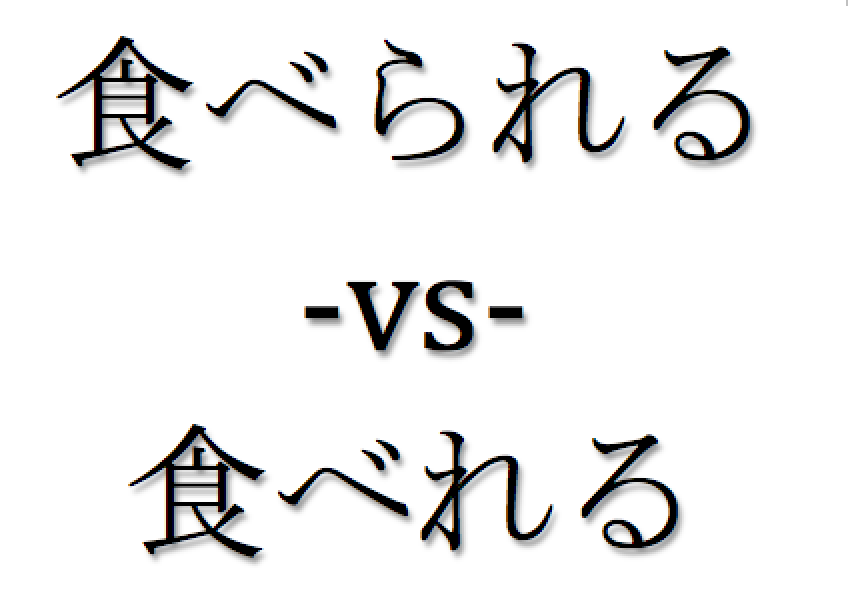Japanese consanant verbs that end with eru/iru
Japanese has two verb types, consonant (godan) verbs and vowel (ichidan) verbs, each with their corresponding conjugations. Here is an example of each with conjugation into the past and -masu forms. Vowel (ichidan) 食べる (taberu) – to eat Past: 食べた (tabeta) ~Masu (polite): 食べます (tabemasu) Consonant verb (godan) 分かる (wakaru) – to understand Past: 分かった… Read More »

